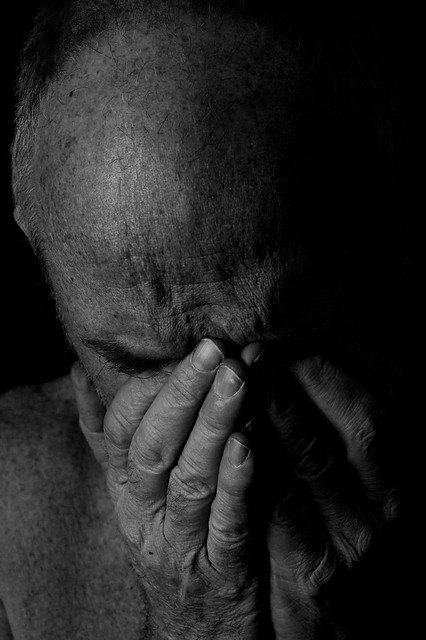“Emotions” and “empathy” are words we don’t generally associate with men. But in my experience, I have found that men are just as emotional and empathetic as women. We just express it differently—different than women express, and different than the culture expects us to express.
Recently I moderated a panel on “The Culture of Empathy and Men” where we explored what empathy is for men. We looked at what is missing for men, and why it seems like we’re behind the empathy curve. But more important than just looking at what’s missing, we looked at ways to fill those gaps. We gave the viewer cues on how he could learn what was never taught to him.
Trauma and chronic stress will shut down a man’s desire to experience empathy. The panel spoke about how the PTSD response can be unlearned in the micro-communities of men’s groups, and in special trainings in corporations.
Going beyond the standard masculine approach to “fix it,” or to agree or disagree, we discussed how listening for understanding is a powerful setup for empathy. When we listen to understand, we create an empathetic dialogue that allows others to open up. The other person wants to share because he or she feels not only safe, but also feels your interest.
Not only are these men speaking to the power of empathy, now science is too.
Unlearning the frozen survival response, which shuts down empathy, changes our brain chemistry. In his book The Moral Molecule, neuroeconomist Paul Zak describes oxytocin’s role in trust, bonding and even virtuous behavior. In this interview Paul Zak speaks about how oxytocin increases as a man or woman relaxes with empathy.
How do you build empathy in a masculine way? What is it like for you to experience a man who is empathetic?
